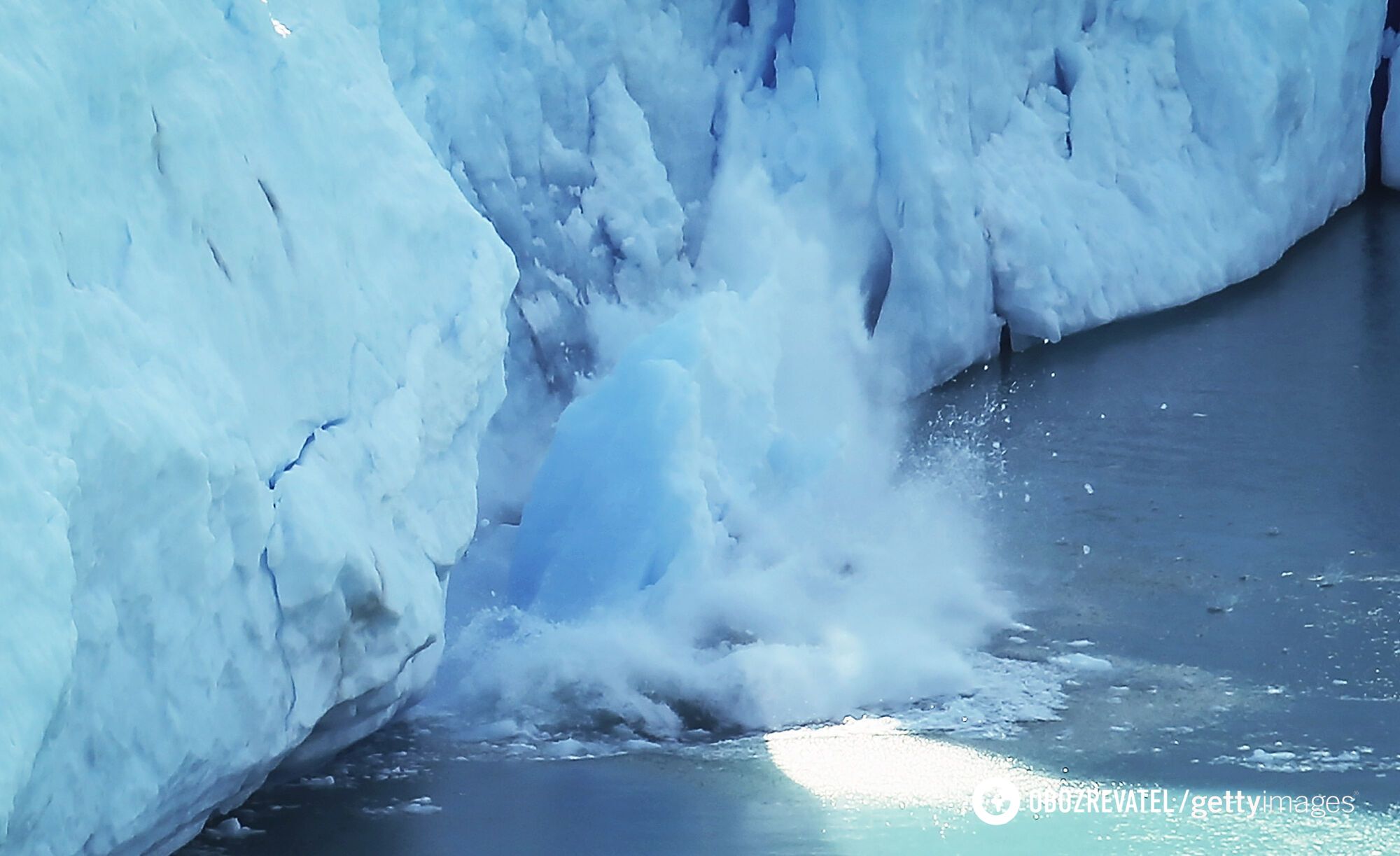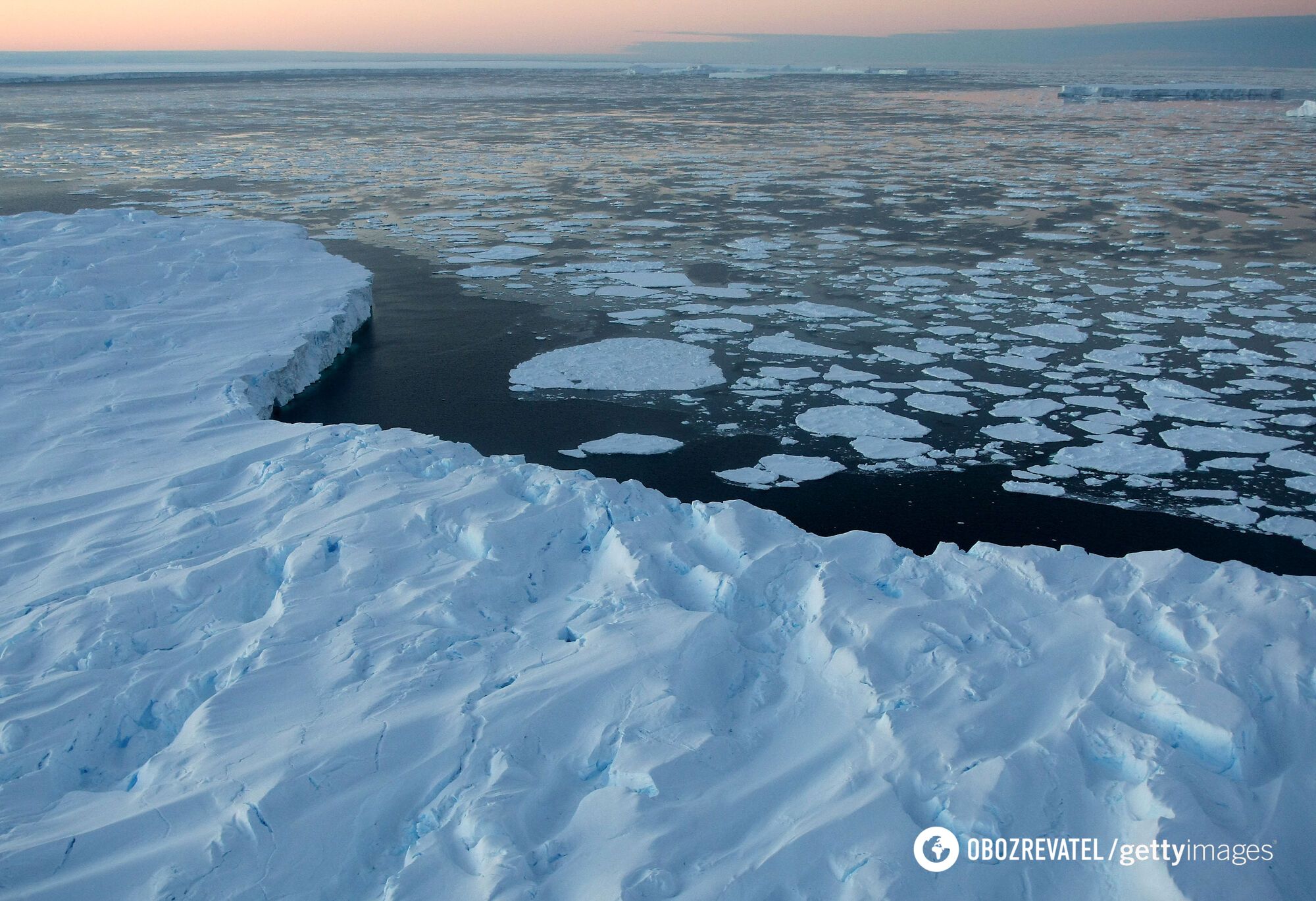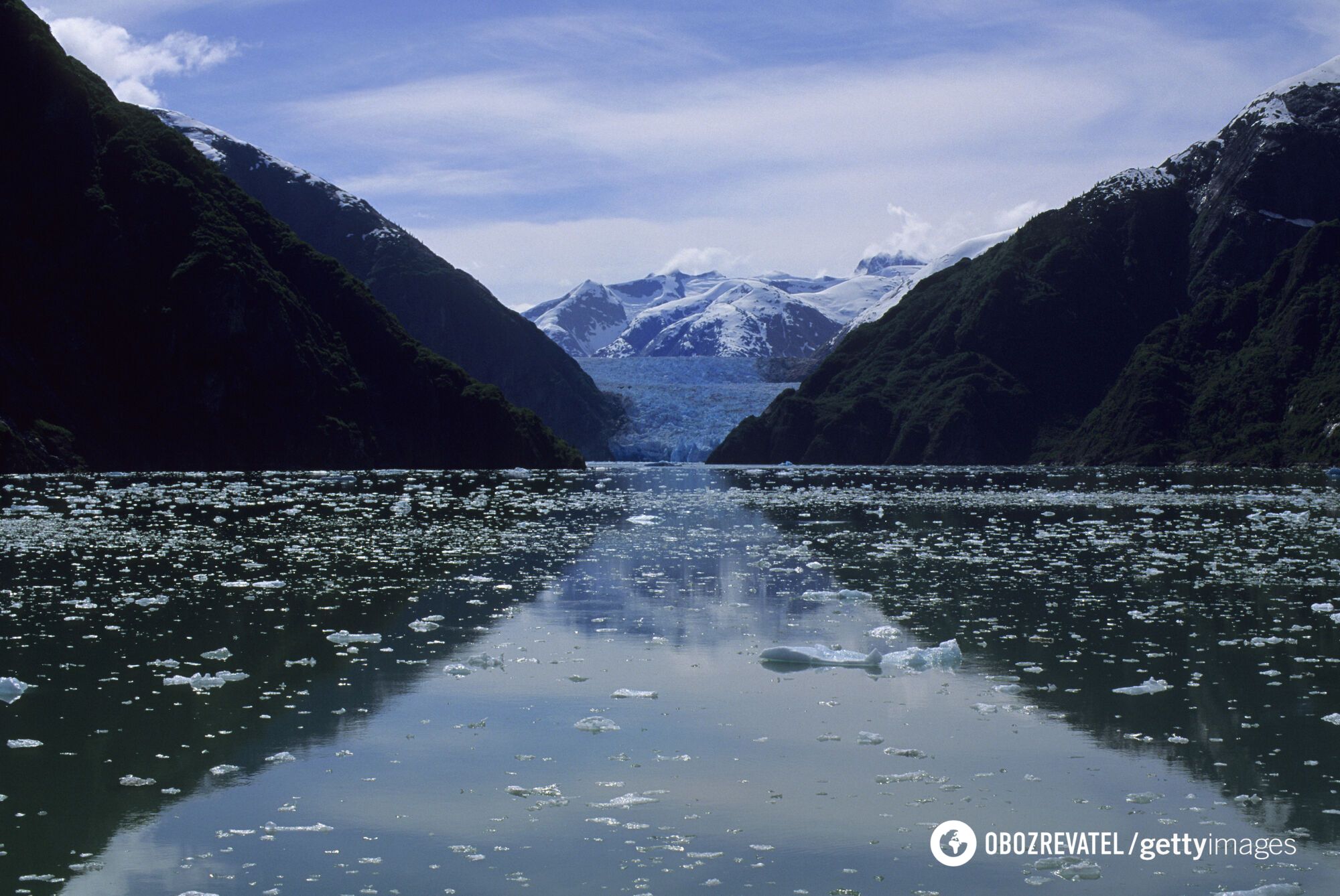News
Alaska's glacial melting is approaching an irreversible tipping point: scientists sound the alarm. The results of the study
A new study shows that glaciers in Alaska's vast ice field are melting very quickly. They may reach the point of irreversible shrinkage sooner than scientists had anticipated.
A study led by researchers from the UK's Newcastle University found that volume loss on the Juneau Glacier, which straddles the border between Alaska and British Columbia (Canada), has increased dramatically since 2010. Experts are sounding the alarm because this is an extremely alarming bell, ScitechDaily writes.
The team, which also included universities in the UK, the US, and Europe, looked at records dating back to 1770 and identified three distinct periods of change in ice field volume. They found that the loss of glacier volume remained fairly constant from 1770 to 1979. However, from 2015–2019, the rate of ice field area reduction was five times faster compared to 1948–1979.
According to the researchers, the increase in the glacier's melting rate was also accompanied by an increase in its fragmentation. The team of scientists found a sharp increase in disconnections, where the lower parts of the glacier separate from the upper parts.
Most worryingly, 100% of the glaciers mapped in 2019 have retreated relative to their position in 1770, and 108 glaciers have disappeared completely.
"Very alarmingly, our study found a rapid acceleration since the beginning of the 21st century in the rate of glacier loss in the Juneau Icefield. Alaska's ice fields – mostly flat, plateau-like – are particularly vulnerable to accelerated melting as the climate warms. After all, ice loss occurs over the entire surface," said Dr. Bethan Davies, author of the study and senior lecturer at the University of Newcastle.
The scientist also added that as the Juneau Plateau glacier continues to thin and the ice retreats to lower levels and warmer air, the feedback processes that these triggers are likely to prevent future glacial regrowth, "potentially pushing glaciers over the tipping point into irreversible recession."
Alaska is home to some of the world's largest plateau ice fields, and their melting is a major contributor to current sea level rise. The researchers believe that the processes they observed in Juneau are likely to affect other similar ice fields in Alaska and Canada, as well as in Greenland, Norway, and other high Arctic locations.
Scientists have suggested that, given the ongoing climate change and global warming, their calculations of future glacial melting may be inaccurate. That is, the rate of glacier shrinkage is likely to become even more rapid.
"This work has shown that various processes can accelerate melting. This means that current glacier projections may even be too low and underestimate glacier melting in the future," Bethan Davies summarized.
Only verified information is available on the OBOZ.UA Telegram channel and Viber. Do not fall for fakes!






























